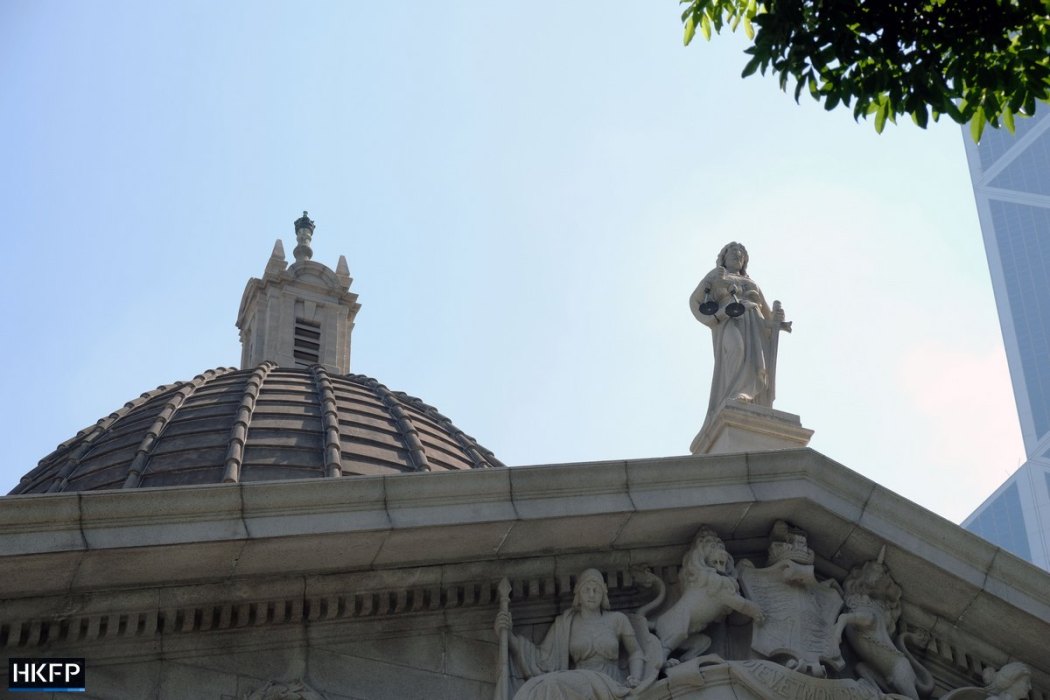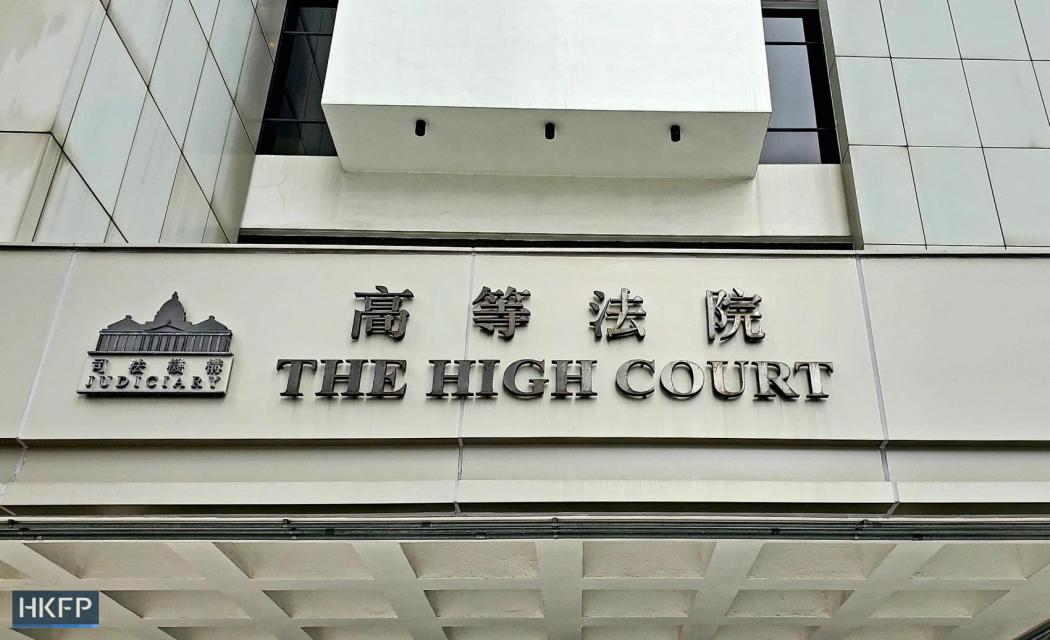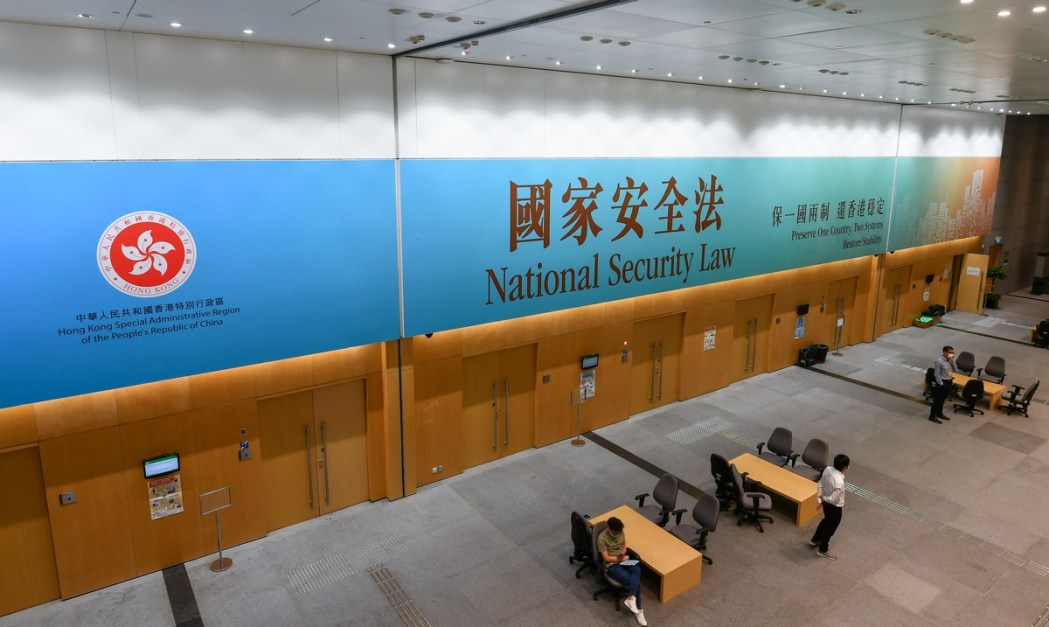A Hong Kong university student who was convicted under the national security law, and denied a jail term reduction despite pleading guilty, has moved one step closer to appealing his sentence at the city’s top court.

Lui Sai-yu, now 26, was granted a certificate to apply for leave to appeal on Thursday by the High Court, local media reported. With the certificate, he will be able seek permission to challenge his sentence before the Court of Final Appeal.
Accused of selling weapons on messaging app Telegram and posting pro-independence messages, the former Hong Kong Polytechnic University student was convicted last April of inciting secession under the Beijing-imposed national security law.
Lui’s appeal effort centres around the judge backpedalling on giving him a one-third jail term reduction despite his guilty plea. Normally, sentences are shortened by a third when a defendant admits to committing the offence.
While delivering the sentence, District Court judge Amanda Woodcock said his offence was of a “serious nature,” therefore warranting a sentence of between five and 10 years per the text of the national security law.

She initially took a starting point of five years and six months, but considering his plea, took one-third off the jail term to arrive at three years and eight months.
The prosecution then argued that given the offence was deemed “serious,” the sentence should not fall below the minimum of five years. Woodcock walked back the original sentence to deliver a jail term of five years.
Points of law
In the written judgement handed down on Thursday, the High Court judges identified two points of law to be discussed in Lui’s case.
The first examines what the “proper construction of the sentencing provision” is in Article 21, which states that if the offence committed is “of a serious nature, the person shall be sentenced to fixed-term imprisonment of not less than five years but not more than 10 years.” The judgement said this raised the question of whether the stipulation of “not less than five years’ fixed term imprisonment” is mandatory.

The second point of law identified involved Article 33, which lays out three situations in which a lighter penalty may be imposed. The three situations are if the person had voluntarily halted the committing of the offence, voluntarily surrendered, or if they report on an offence committed by somebody else.
The court could consider if these three conditions were “exhaustive” and if it was “permissible” to reduce the sentence on account of other mitigating factors.
This is Lui’s second attempt to challenge the sentencing. In October, he appeared before a panel of judges at the High Court to seek leave to appeal. The court dismissed his application.
“Local sentencing laws on mitigation can apply only if they do not compromise the primary purpose [of the national security law],” the court ruled, adding that the purpose was to prevent, suppress and impose punishment for national security offences.

In June 2020, Beijing inserted national security legislation directly into Hong Kong’s mini-constitution – bypassing the local legislature – following a year of pro-democracy protests and unrest. It criminalised subversion, secession, collusion with foreign forces and terrorist acts, which were broadly defined to include disruption to transport and other infrastructure.
Prior to the sentencing, Lui was denied bail and had already spent around 19 months in detention since his arrest in September 2020.
Support HKFP | Policies & Ethics | Error/typo? | Contact Us | Newsletter | Transparency & Annual Report | Apps
Help safeguard press freedom & keep HKFP free for all readers by supporting our team
























